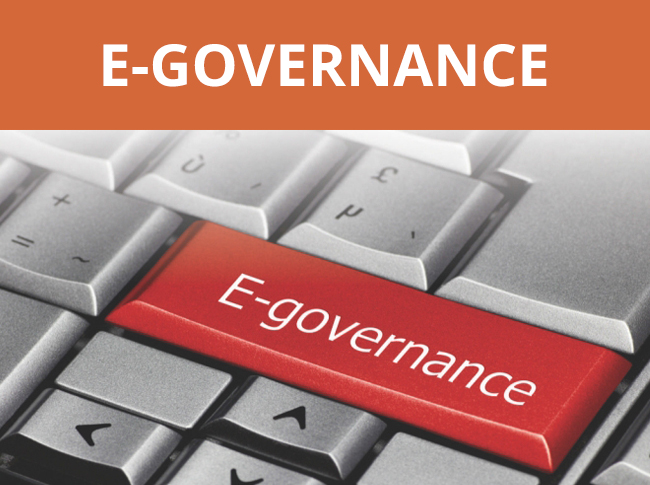Abstract
In the long run, research and testing in Generations e-Government (e-government) is part of the use of information and communication technology (ICT) to promote the functioning of government agencies, as well as business and citizenship and workplaces. Thus, the growing needs and aspirations of citizens, and the growing sense of ‘participation in the rule of public interest’, have encouraged a new generation of government actions to increase and increase citizen participation. And again, the Generations government had to deal with growing social problems and problems with appropriate government practices, such as increasing inequality and poverty, the elderly, and disability. Environment, and the number of unspecified factors, such as The Financial and Economic Crisis. , promotes the development of a new state-of-the-art platform and focuses on in-depth support for decision-making processes – comprehensive approaches to these challenges. Thus, changes in the needs of today’s society, as well as changes in technology, are causing a change in Generations e-government, and the emergence of new generations. This paper aims to identify and understand the essential elements of a multidisciplinary approach, using a systematic approach that is consistent with the two categories of literature review. The results of this article provide us with a glimpse of the value of these great e-files, in terms of their goals, problems, strategies, and tools, and reflect the next generation of e-Government 3.0 and its components life. Again, in the first and second editions, the second generation in the kingdom made a major step, which made itself different ages, defined by interpretation to the appropriate size. The right part for growth/development.
Introduction
The main purpose of Generation of e-Government is to explore and promote the use of ICT in government, and to provide IT-based services to Generations government employees, citizens, and companies, with a view to the effective and efficient functioning of government agencies. ‘Internal work, as well as business and community and companies, as well as community participation with greater clarity and expansion. As the interests and needs of citizens and communities change and grow, as ICT potential, we see a change like E-Government, leading to the development of Government. E-Government development is affected by a common foreign environment (e.g., economic, political, and social), and local. All of these changes have the same characteristics: initial systems, systems, and services performed/supported by ICT, and then to the development of ICT-based compliance with existing governments, to restore existing services. , operations and services, through the use of new technologies [1].

